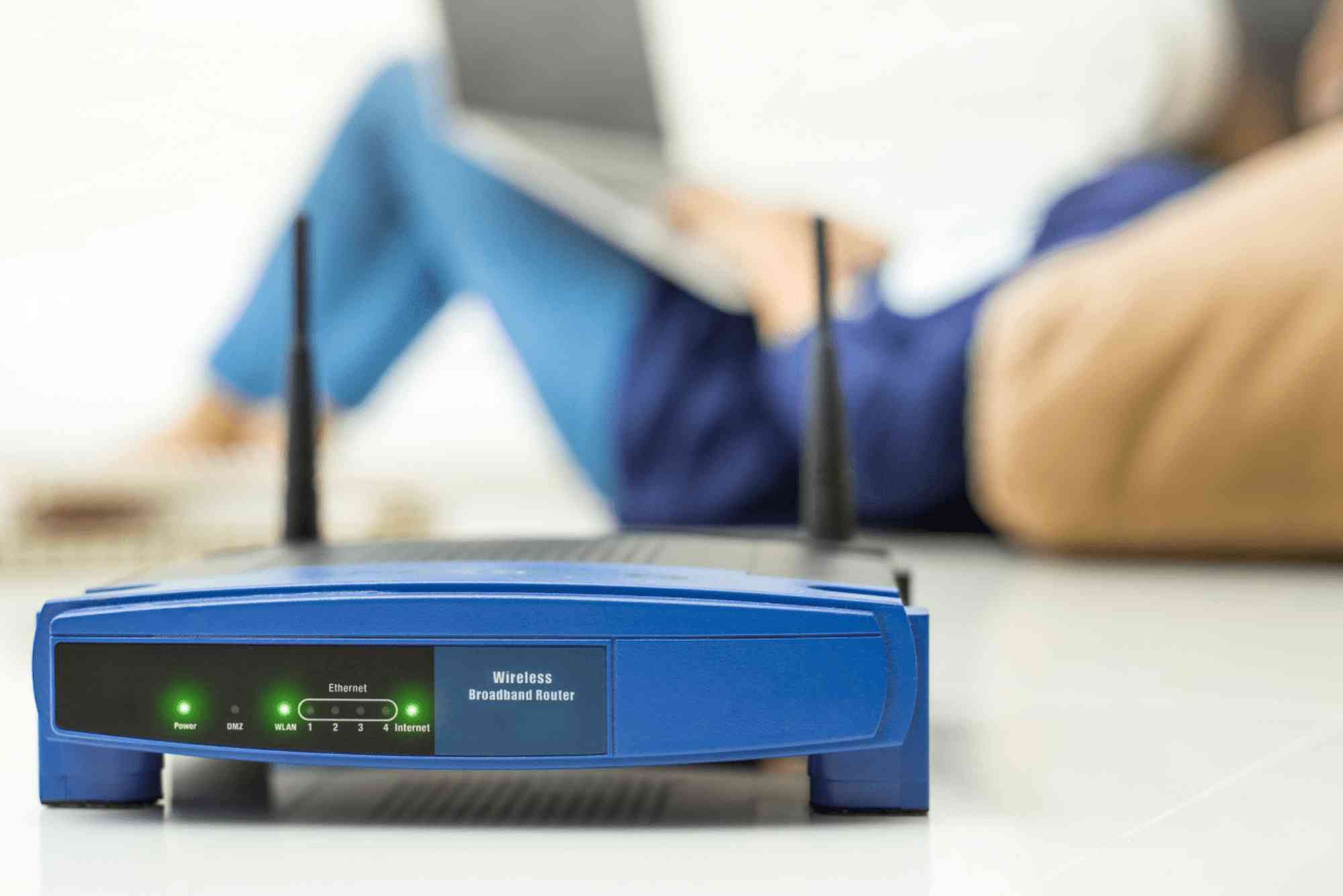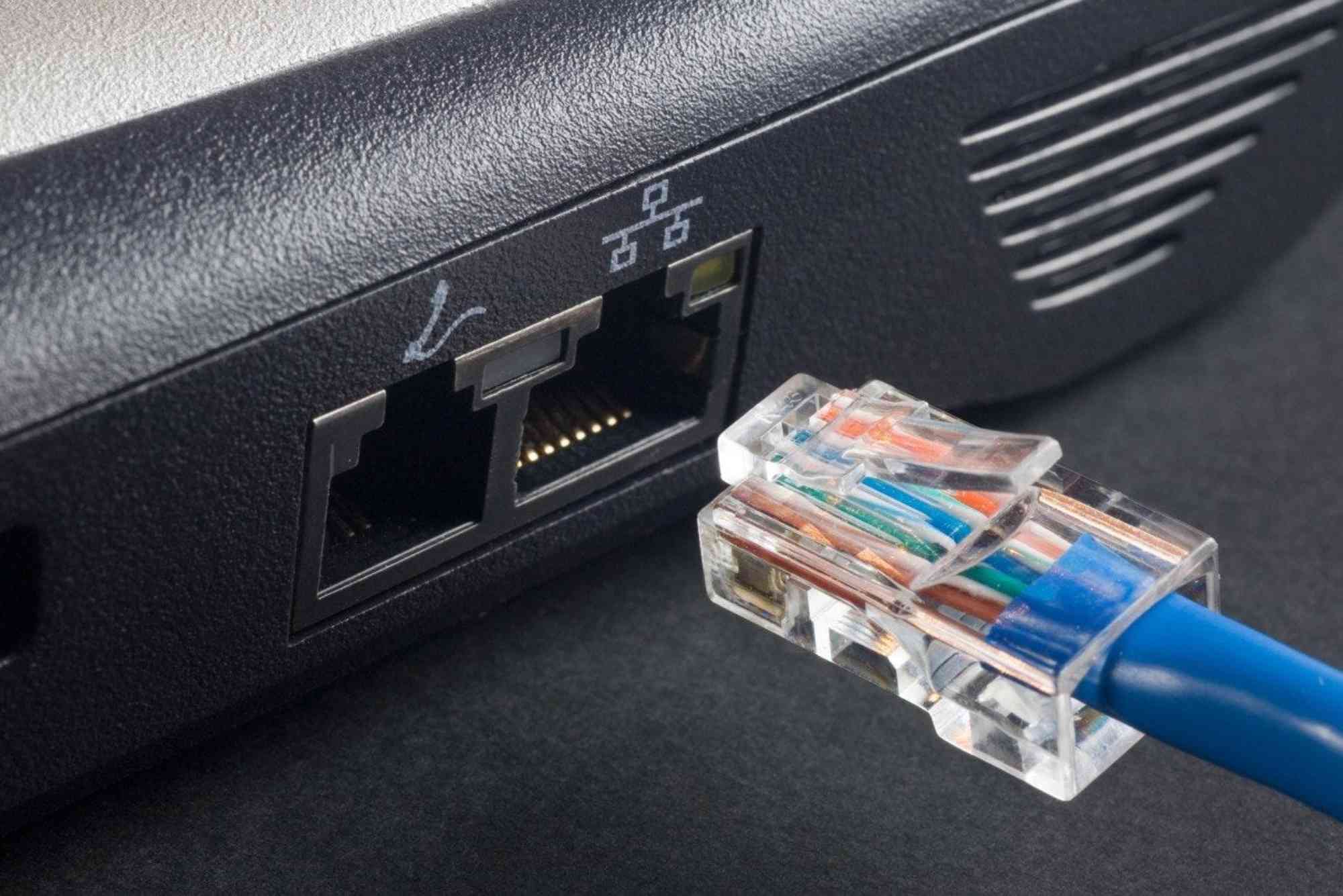Introduction
In today’s digital age, online privacy is no longer optional—it is essential. Cyber threats, data tracking, and geo-restrictions make it necessary for users to secure their connections. VPNs, or Virtual Private Networks, have become one of the most effective tools to achieve this. However, one common debate that arises is router VPN vs software VPN. Both have their strengths and weaknesses, and choosing the right one depends on your needs, technical skills, and lifestyle. In this guide, we will break down the differences, compare performance, and help you make an informed decision about which VPN option works best.
Understanding Router VPN
A router VPN is configured directly onto your Wi-Fi router. Instead of installing the VPN app on individual devices, the router manages all the encrypted traffic. This means that any device connected to the router—laptops, smartphones, smart TVs, or even gaming consoles—automatically uses the VPN.
The key benefit is convenience. You do not have to worry about setting up the VPN on every device. For large households or offices, this can save considerable time. Another advantage is the ability to protect devices that may not support VPN apps natively. For example, many smart TVs or gaming systems lack built-in VPN options, but a router-based VPN provides them with security and anonymity.
However, router VPNs have limitations. Configuration can be complex, especially for beginners unfamiliar with router settings. Also, not all routers support VPNs, and those that do may require flashing firmware, which carries risks. Another drawback is flexibility—switching servers or disabling the VPN quickly is more difficult compared to a software VPN app.
Understanding Software VPN
A software VPN, sometimes called a client-based VPN, is installed directly on your device. This is the most common way people use VPNs. Whether on a laptop, smartphone, or tablet, users download the VPN app, log in, and select a server.
The main advantage is control. Users can easily change server locations, activate or deactivate the VPN, and take advantage of features like split tunneling or kill switches. Software VPNs also tend to offer the latest updates and features quickly, as developers push them directly to apps.
On the downside, software VPNs only protect the device they are installed on. If you want protection across multiple devices, you need to install the VPN on each one separately. For households with many devices, this can become inconvenient. Another consideration is compatibility—while most modern devices support VPN apps, some IoT or entertainment systems may not.
Router VPN vs Software VPN: Key Differences
When comparing router VPN vs software VPN, several factors come into play. Speed is one of the most significant. A router VPN encrypts all traffic, which can put extra strain on the router. Unless you own a high-performance router, speeds may suffer. In contrast, software VPNs leverage device-specific processing power, which often results in better performance.
Security is another consideration. Both router and software VPNs provide encryption and IP masking. However, software VPNs often come with advanced features like leak protection, malware blocking, and customizable settings. Router VPNs, once set up, work reliably in the background but may lack these extras unless configured manually.
Convenience varies depending on your needs. If you want a “set it and forget it” system, router VPNs shine. Every device connected is automatically secure. If you prefer flexibility and frequent server switching, software VPNs provide better control.
Which One Is Better for Streaming?
Streaming platforms like Netflix, Hulu, and Disney+ often restrict content based on location. VPNs allow users to bypass these geo-blocks. In this case, software VPNs usually perform better. They make it easy to switch between servers in different countries.
Router VPNs can also unblock streaming services, but switching servers requires logging into the router’s admin panel—a tedious process. Additionally, some VPN providers optimize specific servers for streaming, and accessing these servers is far simpler through software apps.
Which One Is Better for Gaming?
Gamers often use VPNs to reduce ping, avoid DDoS attacks, or access international game servers. A router VPN offers the benefit of securing all gaming consoles that may not support VPN apps directly. For example, an Xbox or PlayStation connected to a router VPN will still benefit from encrypted traffic.
However, latency is a key factor in gaming. Software VPNs tend to offer better speed management and allow gamers to switch servers quickly. For competitive gaming, the ability to fine-tune server selection gives software VPNs an edge.
Cost Considerations
Cost plays an important role in deciding between router VPN vs software VPN. VPN subscriptions typically cover both router and software usage, but the real cost lies in the hardware. Not all routers support VPNs, and those that do are often expensive. Some users may need to purchase a premium router or flash firmware to make it VPN-compatible.
On the other hand, software VPNs require no extra hardware. You simply download the app. For budget-conscious users, this is usually the better choice. Still, for households with many devices, a router VPN may provide better value long-term, as one setup covers everything.
Real-World Usage Scenarios
For families with multiple devices ranging from smartphones to smart TVs, router VPNs provide seamless protection. Parents can ensure that children’s devices remain secure without needing separate configurations.
For travelers, software VPNs are far more practical. They allow quick setup on laptops and mobile phones, making it easy to stay secure while using public Wi-Fi.
Small businesses may also find router VPNs advantageous. Every connected workstation remains secure, reducing the risk of employee mistakes or unsecured devices. On the flip side, individual professionals working remotely may prefer software VPNs for their adaptability.
SEO Note: Why It Matters
Search engines reward helpful and well-structured content. By understanding router VPN vs software VPN, readers not only learn the differences but also gain insights into practical use. Businesses like Dhanote Internet Services can help users implement solutions that match their connectivity and security requirements.
FAQs
Is a router VPN safer than a software VPN?
Both provide strong encryption, but software VPNs often include advanced features like kill switches and leak protection. Router VPNs are safe but less customizable.
Can I use both router VPN and software VPN together?
Yes, it is possible, though it may cause double encryption and reduced speeds. Some advanced users layer them for extra security.
Do I need a special router for VPN?
Yes, not all routers support VPNs. You may need a VPN-compatible router or install custom firmware like DD-WRT or Tomato.
Which is better for beginners: router VPN or software VPN?
Software VPNs are more user-friendly. Router VPNs require technical setup and are better suited for advanced users or IT professionals.
Does a router VPN slow down my internet?
It can, especially if the router lacks strong processing power. High-performance routers minimize the slowdown.
When it comes to router VPN vs software VPN, there is no one-size-fits-all answer. Router VPNs are ideal for households, businesses, or anyone who wants full-home protection with minimal maintenance. Software VPNs excel in flexibility, convenience, and advanced features.
If you value simplicity and want every device in your home secured, go for a router VPN. If you prefer control, mobility, and quick server switching, stick with a software VPN. In many cases, users find a hybrid approach works best—using a router VPN for the home and a software VPN while traveling.







